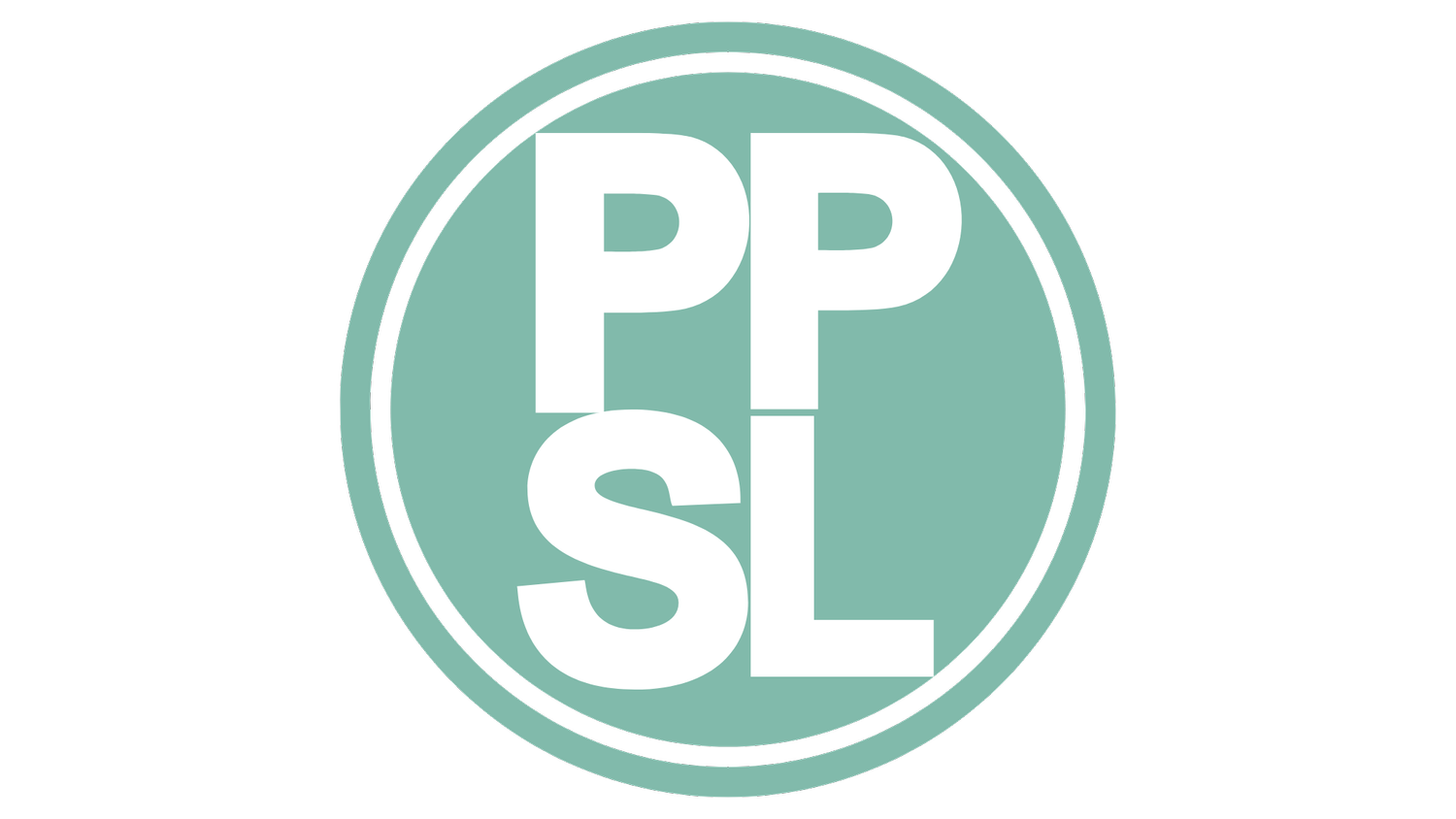Judge Alsup Criticizes Department of Education’s Continued Mishandling of Borrower Defense Settlement
Court demands action and accountability at the first of three status hearings on the overdue relief in the $6 billion borrower defense settlement
San Francisco – At a hearing today regarding the Plaintiffs’ motion to enforce implementation of settlement relief in the lawsuit Sweet v. Cardona, Judge William Alsup demanded increased action and accountability from the Department of Education and its servicers after their gross mishandling of settlement relief in the $6 billion borrower defense settlement.
Today’s hearing was the first of three status hearings that Judge Alsup ordered last month as part of a strict schedule of accountability measures to ensure that the overdue relief is delivered as soon as possible. The next two hearings will be held on June 13 and July 11.
The hearing revealed:
The Department is still significantly behind schedule on settlement implementation.
In December 2022, shortly after the court granted final approval to the settlement, the Department instructed servicers to stop reporting detailed information on borrower defense discharges, and thus is unable to verify the accuracy of its reported data on settlement relief.
The Department unilaterally instructed servicers to issue loan credits rather than refund checks to class members who have other federal student loans not covered by the settlement.
The Department of Education ombudsman’s office, where class members were told to direct questions and issues, has been insufficiently staffed to field the more than 2,500 complaints that class members submitted in the two weeks following the first hearing.
Judge Alsup ordered the Department to:
Allow counsel for the class access to the ombudsman’s receipt and resolution of complaints related to the settlement.
Issue refund checks, not loan credits, to class members and to correct its failure to do so.
Complete all relief under the settlement according to the following schedule: Full Settlement Relief will be distributed to 5,500 more class members by May 31; to 30,000 more class members by July 31; to 12,000 more class members by August 31; and to all remaining class members by December 31, 2024.
“We share Judge Alsup’s and our clients’ frustrations with the slow and dysfunctional process of settlement implementation,” said Eileen Connor, President and Executive Director of the Project on Predatory Student Lending. “The days of excuses are over. The Department has a legal obligation to deliver full settlement relief to class members and we won’t stop fighting until every single one gets what is owed to them by law. We look forward to more progress and accountability as we continue our biweekly meetings with the Department and servicers to ensure they comply with this legally binding settlement."
The hearing and motion to enforce came after the Department of Education failed in its obligation to comply with the settlement agreement. The Department had a year to deliver settlement relief to 196,000 borrowers who are entitled to discharges, refunds, and credit repair under the settlement, yet tens of thousands of borrowers still had not received their settlement relief by the deadline of January 28, 2024.
The Department’s missing the court-ordered deadline has caused hardship above and beyond what class members have already experienced.
Case Background:
Nearly 196,000 student borrowers were told by the Biden administration that their loans would be wiped away, their credit would be repaired, and money they had paid to the government on fraudulent loans would be returned. But as the settlement deadline passed on January 28, 2024, about a third of these borrowers still had not had their loans cancelled.
Borrowers filed a motion to enforce the settlement on March 19, 2024. A few weeks later, on April 10, 2024, they filed a reply brief detailing extensive failures, including how the Department did not perform oversight of student loan servicers, did not pay attention to its own data, and failed to monitor compliance. It states that the Department has offered only “easily avoidable errors, self-inflicted obstacles, meager excuses, and decisions that could most charitably be described as grossly negligent.”
The Department of Education has acknowledged that it breached the settlement agreement,but has refused to provide accurate updates or a timeline for when it will fulfill its legal obligation to class members. Borrowers are seeking court intervention to force the Department to comply.
Missing the court-ordered deadline has caused hardship above and beyond what class members have already experienced.
The borrowers are represented by the Project on Predatory Student Lending and Housing and Economic Rights Advocates (HERA).
For more information about Sweet v. Cardona and the settlement, visit our website.
About the Project on Predatory Student Lending
Established in 2012, the Project on Predatory Student Lending represents over a million former students of predatory for-profit colleges. Its mission is to use litigation to eliminate predatory practices in higher education, and to relieve current and future borrowers from fraudulent student loan debt. PPSL has won landmark cases to protect borrower rights, recover money owed, and cancel more than $16 billion in fraudulent debt. Its ongoing cases hold predatory colleges accountable and force the U.S. Department of Education to act on behalf of students and stop protecting this insidious industry.
About HERA
Housing and Economic Rights Advocates (HERA) is a California statewide, not-for-profit legal service and advocacy organization dedicated to helping Californians — particularly those most vulnerable — build a safe, sound financial future, free of discrimination and economic abuses, in all aspects of household financial concerns. It provides free legal services, consumer workshops, training for professionals and community organizing support, creates innovative solutions and engages in policy work locally, statewide and nationally.
###
